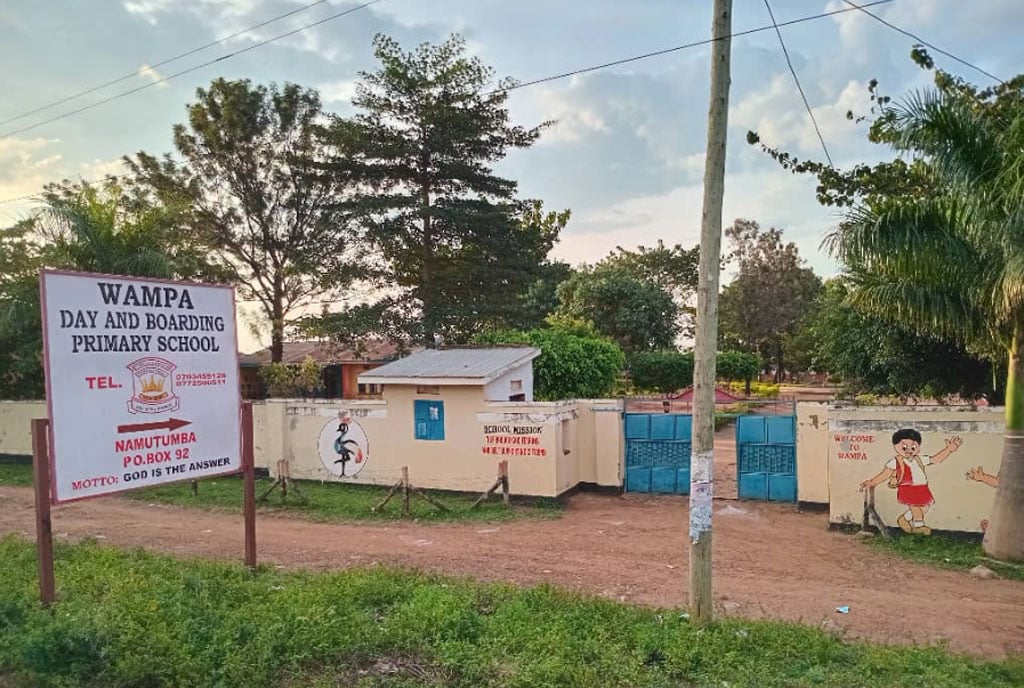Prime
Why food safety and security are the next big issues after Covid-19

Author: Mr Karoli Ssemogerere is an Attorney-at-Law and an Advocate.
What you need to know:
- Mr Karoli Ssemogerere says: The 24-hour economy and fast-food industry have led to debasing of natural foods.
By some measures, Covid-19 is in its final sprint off the map. In fact, the stockpiling of vaccines while a big issue for public safety, especially for vulnerable populations and also a security issue when international borders are about to reopen, may not be such a big matter after all.
The big five (the United States, China, Russia, the United Kingdom and India) are all on track to massively produce vaccines of varying efficacy levels in the next three months.
The US first announced it will have enough vaccine stock to vaccinate the entire population of more than 300 million people by May. US President Joe Biden mentioned the challenge will be getting an army of vaccinators to administer the shots.
The US has mass produced because big pharma agreed to co-licence production of the shots to the late arrivals to the game. The United Kingdom has also made tremendous progress after being first in the world to establish a broad base of availability after beating the world by administering the first shots in November 2020. Many nice things have been said about the Russian vaccine, especially its efficacy.
India is moving very fast hoping to vaccinate 300 million people by end of July. First in the line as in most countries was Prime Minister Narendra Modi and the Dalai Lama, who were vaccinated. The line in heavily populated India is moving so fast they have reached the 45 to 59 age group. Yet in all this positive news expected to lift the global economy moving forward in late 2021/2022, there is growing reluctance against a massive inoculation of this age. Beneath Covid, countries will have to address a growing need for more stringent control of biomedical research.
Many countries, especially in the developing world, are beehives for biomedical research. Countries with big chimpanzee and other primate populations in Africa like the DRC and Liberia have been big repositories for biomedical research.
In 2020, many people heard of the Wuhan laboratory in China. Medical research in the US has for decades been battling abuses of animals as testing grounds for drug development giving rise to movements like PETA, Society for Human Treatment of Animals, etc. The chimpanzee is favoured because of its nearly 97-99 per cent mapping of the human genome. Chimpanzees can live up to 50 years old in the wild.
According to Forbes magazine published on November 20, 2020, the Astrazeneca vaccine one of the vaccines, with a very high efficacy rate of 90 per cent, is a chimpanzee adenovirus vectored vaccine.
After the risks of animal-human transmission are factored in, Covid itself was a variant of the SARS (serious acute respiratory syndrome) whose first outbreak was in the early 2000s, even though no major outbreak has been reported since 2004, until Covid burst on the scene, the world must not rest on its laurels. In fact, preparations should escalate for another bio-epidemic. In Kenya, Catholic doctors have actually spoken out against blanket Covid -19 vaccinations. Many health workers remain skeptical about the long- term effect of Covid vaccine. But most importantly, the end of Covid-19 is to wake up countries to other failing aspects of public health safety.
Food is maybe the next battleground as genetically modified food is being associated with rising cases of poor childhood and adult health. US Agriculture Secretary Tom Vilsack has said 70 per cent of all adult Americans for example have at least one chronic (lifestyle illness) and 40 per cent of the same group have more than one chronic illness.
The 24-hour economy and fast-food industry have led to the debasing of natural food. In the US, rising levels of obesity are associated with the increased use of sugar concentrates in genetically modified foods to fortify its taste. GMO crops are associated with higher use of chemicals and heavy use of fertilisers is associated with pollution of water sources. Many developing countries have a very limited food safety regime to inspect vegetables, meats and cereals for chemical residues. Fewer even have the capacity to test everyday meals like milk and bread a staple of urban populations.
An unforgiving realpolitik global trading regime means that national food chains have become dumping grounds for excess food from the industrial nations. Many features have run on the collapse of the subsistence farmer whose chicken can’t compete with imported chicken from the EU in price.
German potatoes and onions can land in many African countries at a full landed cost of 30 to 40 per cent cheaper than domestically grown potatoes and onions.
Mr Ssemogerere is an Attorney-At-Law and an Advocate. [email protected]



